Democracy under God
Constitutions, Islam and Human Rights in the Muslim World
Part of Comparative Constitutional Law and Policy
- Authors:
- Dawood Ahmed, Comparative Constitutions Project
- Muhammad Zubair Abbasi, University of Bradford
- Date Published: February 2023
- availability: This ISBN is for an eBook version which is distributed on our behalf by a third party.
- format: Adobe eBook Reader
- isbn: 9781009325066
Find out more about Cambridge eBooks
Adobe eBook Reader
Other available formats:
Paperback, Hardback
Looking for an inspection copy?
Please email [email protected] to enquire about an inspection copy of this book
-
State recognition of Islam in Muslim countries invites fierce debate from scholars and politicians alike, some of whom assume an inherent conflict between Islam and liberal democracy. Analyzing case studies and empirical data from several Muslim-majority countries, Ahmed and Abbasi find, counterintuitively, that in many Muslim countries, constitutional recognition of Islam often occurs during moments of democratization. Indeed, the insertion of Islam in a constitution is frequently accompanied by an expansion, not a reduction, in constitutional human rights, with case law from higher courts in Egypt and Pakistan demonstrating that potential tensions between the constitutional pursuit of human rights, liberal democracy and Islam are capable of judicial resolution. The authors also argue that colonial history was pivotal in determining whether a country adopted the constitutional path of Islam or secularism partly explaining why Islam in constitutional politics survived and became more prevalent in Muslim countries that were colonized by the British, and not those colonized by the French or Soviets.
Read more- Provides quantitative and qualitative analysis of Islamic provisions in the constitutions of Muslim-majority states
- Engages with debates about the relationship between religion, colonialism, secularism and human rights, demonstrating the neglected impacts of political bargaining and colonialism on secularism in the Muslim world
- Evaluates the practical application of Islamic constitutional clauses by analyzing court cases in Pakistan and Egypt
Reviews & endorsements
'In this book, Ahmed and Abbasi present a systematic argument and a powerful empirical lens to study the interface of religion, law, and politics in the Muslim world. Democracy under God presents an original and illuminating perspective on Islamic constitutionalism, which is supported by multi-disciplinary perspectives and a rich array of historical and contemporary empirical cases ranging from the Ottoman Empire to West Africa and Pakistan. This is a provocative and insightful book that will be of interest to a wide audience.' Adeel Malik, University of Oxford
See more reviews'In this wide-ranging book, Ahmed and Abbasi closely analyse the role of religious faith in the crafting of constitutions of diverse Muslim-majority countries. Taking nothing for granted while exploring the critical tension between human rights and Islam, the authors provide a profound insightful take that compels readers to question their assumptions. As a broad comparative study, the book is essential reading for scholars of law and religion, legal historians and constitutional law.' Nurfadzilah Yahaya, Yale University
Customer reviews
Not yet reviewed
Be the first to review
Review was not posted due to profanity
×Product details
- Date Published: February 2023
- format: Adobe eBook Reader
- isbn: 9781009325066
- availability: This ISBN is for an eBook version which is distributed on our behalf by a third party.
Table of Contents
Introduction
Part I. 1. Islamic constitutionalism: origins and present
2. What is an Islamic constitution?
Part II. 3. Constitutional Islamisation and Islamic supremacy clauses
4. Case studies
Part III. 5. Islamic supremacy clauses and rights – Islamic review in practice
Conclusion.
Sorry, this resource is locked
Please register or sign in to request access. If you are having problems accessing these resources please email [email protected]
Register Sign in» Proceed
You are now leaving the Cambridge University Press website. Your eBook purchase and download will be completed by our partner www.ebooks.com. Please see the permission section of the www.ebooks.com catalogue page for details of the print & copy limits on our eBooks.
Continue ×Are you sure you want to delete your account?
This cannot be undone.
Thank you for your feedback which will help us improve our service.
If you requested a response, we will make sure to get back to you shortly.
×

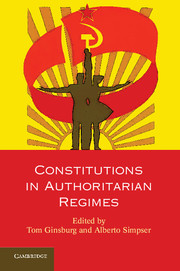
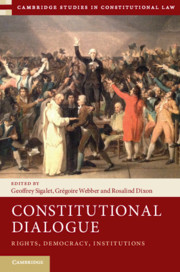
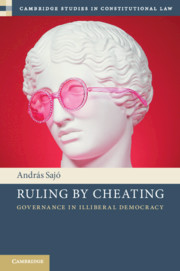
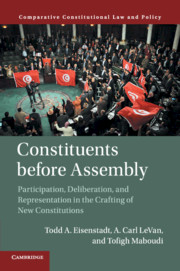
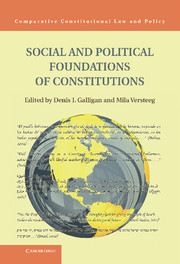
.jpg)